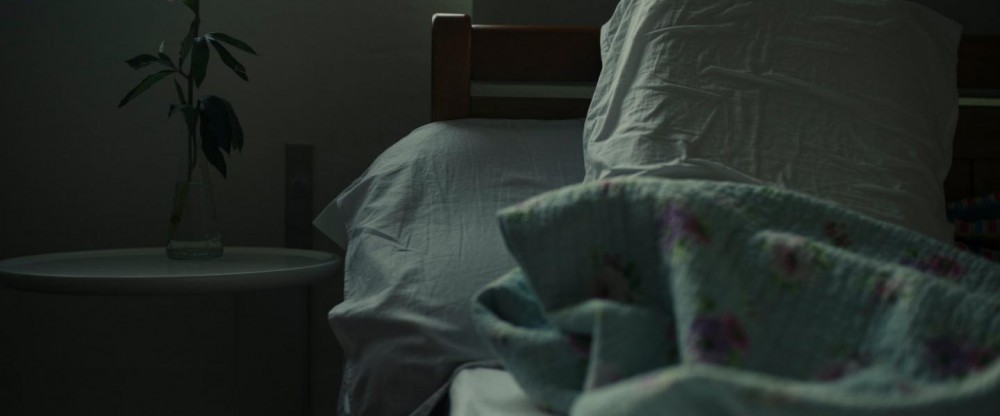Dementia and Sleep
Alzheimer's disease and senile dementia are characterized by frequent sleep disturbance, both for those diagnosed and their caregivers. In fact, many caregivers cite sleep disturbances, including night wandering and confusion, as the reason for institutionalizing the elderly. Once institutionalized, these elderly residents' sleep disturbances don't cease. Two-thirds of those in long-term care facilities suffer from sleeping problems. While tranquilizing drugs may be the drugs of choice at many institutions, these drugs can further confusion and increase the risk of falls. Monoaminergic drug therapies, such as modafinil, are under investigation and may improve behavior along with sleep disturbances in these patients. Other categories of medication - including neuroleptics, benzodiazepines, antidepressants, anticonvulsants, and beta blockers -have shown positive effects in some cases.
Sleep problems should be evaluated in all patients. Depression may be mistaken for dementia, as may the effects of certain medications, malnutrition and alcohol abuse. Many elderly patients suffer from undiagnosed apnea, drug interactions and excessive drug use or dependence. In fact, the elderly use both prescription and over-the-counter medications far in excess of their proportion of the population. Alcohol interacts with many of these drugs. It also may exacerbate dementias not caused by alcohol abuse.
Some experts advise elderly people to have no more than one alcoholic drink per day, even if they are taking no drugs and have no medical contraindications. That drink should not be taken before bedtime.
Is pain keeping you awake? Find out why pain affects sleep and what you can do to sleep better.Sleep talking, formally known as somniloquy, is a sleep disorder defined as talking during sleep without being aware of it. Sleep talking can involve complicated dialogues or monologues, complete gibberish or mumbling. The good news is that for most people it is a rare and short-lived occurrence. Anyone can experience sleep talking, but the condition is more common in males...For most people, dreaming is purely a "mental" activity: dreams occur in the mind while the body is at rest....A frequent need to get up and go to the bathroom to urinate at night is called nocturia. It differs...The term “anti-aging” may conjure up images of expensive wrinkle creams and nutritional supplements, but one of the most impactful...Though it may come as no surprise that people find it harder to fall asleep when they’re emotionally wound up,...Sleep problems like insomnia can be caused by many different factors, including chronic pain, acid reflux, and depression. But did...For people juggling family, work, and a personal life, feeling exhausted may seem like it’s just par for the course....Sleep is restorative for the body and mind. But if you’re among the more than 18 million Americans who have...You know that your family medical history, along with what you eat and how much you weigh, can affect your...

Source: Internet





